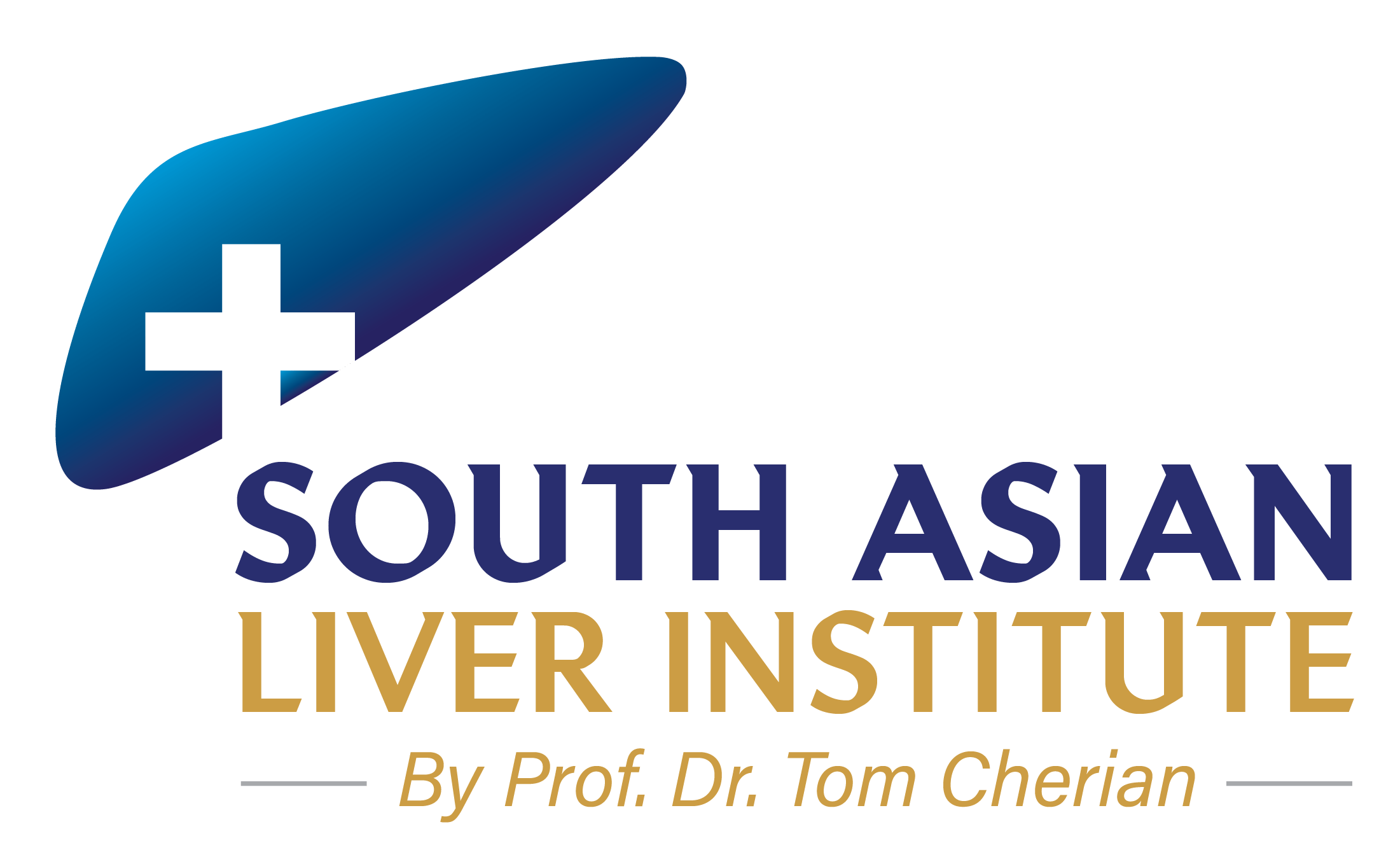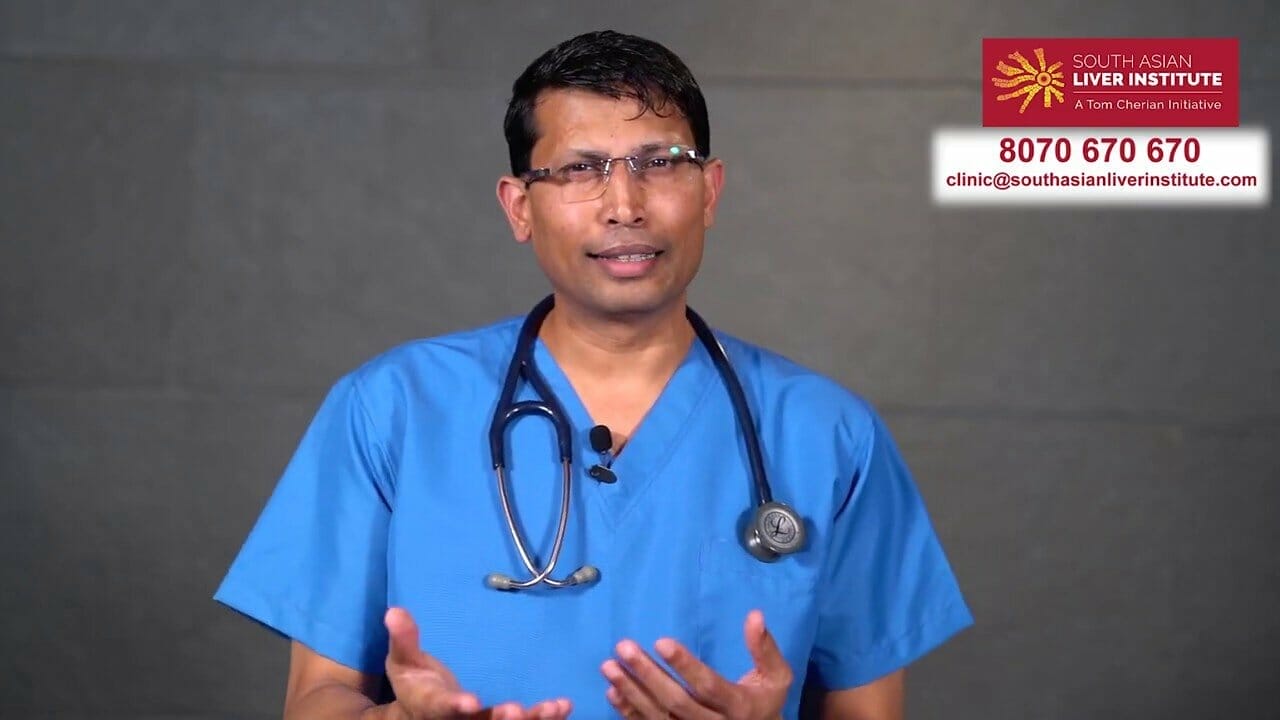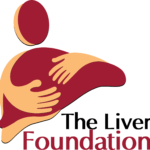What is cirrhosis? What really happens?
Cirrhosis is a process where the liver tissue is replaced by scar tissue. It is a gradual process. The scar tissue affects the normal structure of liver and the regrowth of liver cells. This results in its decreased function. The scar tissue also affects how the blood flows within the liver. This leads to an increase in back pressure leading to a condition called portal hypertension. At this stage the patient is at high risk for life threatening bleeding.
Cirrhosis may take years to develop and can do so with out any symptoms until liver damage is very serious. In most cases over 80% of liver is damaged before symptoms appear. This damage is due to ongoing injury to the liver tissue caused by various factors such as:
- Chronic viral infection
- Excessive alcohol consumption
- Fatty liver and many others
Initial symptoms are:
- Unusual tiredness
- General weakness
- Nausea
- Loss of appetite
- Itchy skin
- Menstrual irregularities
- Loss of sex drive, etc
- Yellowing of the skin and whites of the eyes (jaundice)
- Vomiting blood
- Dark, tarry-looking stools
- A tendency to bleed or bruise more easily
- Swollen legs (odema) or tummy (ascites – Water logging in abdomen)
- Confusion
Liver cirrhosis treatment involves taking detailed history and conducting a thorough examination of the patient following which we will do the blood tests and scans that aim to detect both extent of liver disease and the condition of other organ systems. Certain special blood tests and scans like CT/MRI would be recommended for specific conditions. With the results of the above a personalized treatment plan will be charted. This will include, medications, dietary optimization, vaccinations and if required planning for a transplant.
Regular follow up is extremely important as we have to optimize the dosage of drugs depending upon the response. Follow up is also essential to identify cases that fail to respond or deteriorate on medical management. Early identification of the cases that fail medical therapy is important. In order to give patient the best possible outcome transplantation should be recommended at the right time.
When is a liver transplant necessary?
Just onset of cirrhosis is NOT an indication for transplant. The usual and main indication for a liver transplant is “end stage liver disease”, an advanced stage of cirrhosis i.e. wherein the liver has lost its ability to even do enough to sustain life. This happens slowly over months with increasing bilirubin or ascites or encephalopathy. However what leads to such a situation of ESLD? Well a number of things can impair or destroy liver function to the point that a liver transplant is necessary.
- Viruses like hepatitis B, C, and D viruses, which causes inflammation and chronic damage to the liver
- Alcohol
- Certain Drugs
- Autoimmune hepatitis, in which the body’s immune system malfunctions and destroys liver tissue
- Obesity & poor sugar control. This leads to ‘non alcoholic fatty liver disease (NAFLD)’ in which fat deposits accumulate in the liver
- Primary biliary cirrhosis (PBC) and primary sclerosing cholangitis (PSC), progressive diseases that cause liver failure
- Liver tumors
- Metabolic and genetic disorders, which are inherited and include diseases such as alpha 1 antitrypsin deficiency, monochromatic, Wilson’s disease, and poly-cystic liver disease
- In children, Biliary atresia is the commonest cause for ESLD
What happens if you don’t do a liver transplant?
In order to answer this question, we must understand a bit of liver disease natural history. The early stage of cirrhosis of the liver in is called compensated cirrhosis. As the damage worsens it progresses to a state called decompensated cirrhosis. Compensated cirrhosis is simply a damaged liver that is still relatively functional. At this stage we aim to halt or reduce the rate of progression of the disease with life style changes, medications and few minor procedures such as variceal band ligation. Decompensated cirrhosis is a stage when the liver is almost completely non-functional and at this stage patients have a wide variety of symptoms. And obviously these symptoms are what occurs if we don’t do a transplant. These can range from fever with high temperatures and shivers, often caused by an infection of fluid in abdomen, shortness of breath, vomiting blood, very dark or black tarry stools to periods of mental confusion or drowsiness.
We can often treat these symptoms with medications but is usually temporary and the disease often progresses. These red flag symptoms indicates end stage liver disease. Once these complications cannot be controlled with medications then liver transplant is mandated. If we delay transplantation further then the chances of death due to complications such as uncontrollable bleeding, infection and liver coma are extremely high. It is important to put the patient early on the waiting list (if there are no living related donor options), bearing in mind the waiting time for a donor organ and also patient’s age and background medical status (which will only deteriorate over time and make the operation riskier).
When should we NOT do a liver transplant?
- Severe pulmonary hypertension
- Cancer that has spread outside of the liver
- Systemic or uncontrollable infection
- Active substance abuse (drugs and/or alcohol)
- History of non-compliance or inability to adhere to a strict medical regimen
- Severe, uncontrolled psychiatric disease
When is the right time to do a liver transplant?
Ah! Not sooo easy..!! There are several factors to be considered in the timing of liver transplantation. Development of signs of decompensated liver such as swelling of the abdomen due to accumulation of fluid, bleeding, jaundice or disturbance in the mental state (due to high ammonia) etc are signs of end stage disease and suggest need for transplantation. But do we need to wait till patients develop all of these symptoms? – NO! As sometimes patients can deteriorate very quickly and end up with a high risk of death before they can receive a transplant. Statistical models such as Child-Pugh score and MELD score have been developed to guide the timing of transplant in these patients.
Unfortunately, not all patients who need liver transplantation CAN be transplanted. For example patients sometimes develop kidney & lung complications due to their liver disease- once these organs are damaged too much, then liver transplant becomes too dangerous. All candidates in good centers undergo rigorous assessment to ensure suitability- this must be after seeing and examination of a patient by the transplant surgeon himself. We do not believe in simply registering patients without seeing them, as we feel this will increase risk to patients.
Apart from patient factors, in case of a cadaveric transplant, the estimated waiting time of an organ also has to be considered by the physicians evaluating the transplant candidate.
How can we HELP in VIRAL HEPATITIS?
Viral hepatitis, caused commonly by the hepatitis viruses A, B, C or E, is a widespread infectious disease, affecting more than a billion people globally every year. It places a huge burden, from the health, social and economic perspective, on the affected individual, family, as well as the health system. Hepatitis A and E are spread through contaminated food and water, while hepatitis B and C are spread through contaminated blood and body fluids.
Effective vaccines are available against hepatitis A and hepatitis B. Vaccination along with certain preventive measures can easily curb the spread of disease. This can be easily done whilst you are at South Asian. Moreover, even if you have been exposed to such viruses, at South Asian, we can check you out to see what kind of treatment you might need to try and remove the viruses and prevent further liver damage. At South Asian we always screen blood before transfusions to prevent the spread of hepatitis B and C.
How can we HELP With FATTY LIVER DISEASE?
A healthy liver should contain only little fat (<10%). It’s estimated up to 1 in every 4 people in the cities in India have early stages of NAFLD (Non alcoholic Fatty liver disease), where there are more than normal amounts of fat in their liver.
Early-stage NAFLD doesn’t usually cause any symptoms, but it can lead to serious liver damage, including cirrhosis, as it gets worse. Having high levels of fat in your liver is also associated with an increased risk of serious health problems, such diabetes & blood pressure. Because prevention of progression is only possible in the early stages of NAFLD, we at South Asian can help find or at least estimate the amount of fat in your liver without any invasive testing and an approximate degree of damage if any from this fat. Once we have this information we can tailor make your treatment to ensure minimum future complications.
At South Asian we identify patients who are at high risk for this and with few investigations can detect the presence of NAFLD if present. Patients with NAFLD can also have other metabolic disorders and at South Asian we try to identify these at the same time. We tailor medical therapy depending on individual situations and this usually will involve a multi-modal approach combining medical therapy with life style changes and nutritional advice. South Asian will follow up our NAFLD patients to ensure that the liver functions are optimal and to also identify early any patients who are not doing so that medical therapy can be optimized including strict weight loss and optimal sugar control and thereby a transplant avoided.
Things to do before the liver transplant
It is very important that you bring all your documents at the time of evaluation. Once in South Asian, we will examine all your medical records which will include X-rays, CT reports, liver biopsy slides, operative reports, and a list of medications. To complement and update previous tests, some or all of the following studies are performed during your evaluation and it takes 2-3 days of admission to complete your this “work up”.
Specialised computed tomography (CAT or CT scan), which uses X-rays and a computer to create pictures showing liver size and shape, blood supply, and any liver lesions. In some cases a CT scan of the chest may also be required.
Doppler ultrasound to determine if the blood vessels to and from your liver are open. Our radiologists are experts at this and estimate issues accurately so that we do not find surprises during surgery.
Echo cardiogram and stress testing to evaluate your heart function.
Pulmonary function studies to determine your lungs’ ability to exchange oxygen and carbon dioxide. This is important since it decides how quickly patients can leave the ICU after the operation.
Blood tests to determine blood type, clotting ability, and biochemical status of blood, and to measure liver and kidney function. Serology screening (a blood test that looks for antibodies) is also included.
How to prevent chronic liver disease?
Prevention of liver disease is really avoidance of any of the factors that could damage the liver including decreasing or avoiding alcohol, ensuring you are the correct weight for your height etc.
Early treatment of viral hepatitis (Hepatitis B & C) will go a long way in preventing CLDs. If you have not got hepatitis B ever, you (we all) must get vaccinated against Hepatitis B so that we cannot get the disease even if we get exposed to it.
On the other hand many medications can harm the liver and hence avoid hepatotoxic medications. For example:
- Avoid unnecessary use of iron supplements except in iron deficiency anaemia.
- Severe and sudden weight reduction diets can harm the liver.
If I have cirrhosis, what can I do?
Cirrhosis is a chronic disease and as discussed above it is progressive and requires careful management. Regular visits to the doctor are necessary to ensure that medical therapy is optimal. At South Asian, these visits will include a few blood tests and an ultrasound scan (at regular intervals). This enables early diagnosis of any new complications that can occur including liver cancer. Patients should be on correct medical management if cirrhosis is well compensated and if decompensated already, they must undergo work up and plan for a liver transplant.
Follow your doctor’s advice regarding medications and report any troublesome side effects. Ensure that you are compliant with the prescribed diet and fluid intake. Report to the doctor if you develop any new complications. Moreover it is imperative that you inform South Asian of any “alternative medical therapy” that you wish to take. Some of these medications can have an adverse effect on the liver and can accelerate liver failure if you are already cirrhotic.
How can we help at South Asian?
As an organisation with a specific interest in Pancreato-Biliary disease and Liver Transplantation, we have the experience and the expertise to effectively manage the entire spectrum of disease related to this field. Our over 15 years of experience in this field makes us one of the best teams to help in the early diagnosis and optimal management of patients suffering from liver, Pancreas and gall bladder related illnesses. Not only do we have access to ‘state of the art’ equipment but our doctors have had training from world class centers and are trained to deliver the best possible treatment that is currently available.
Our patient is our top priority. We make it a priority that the patient and the relatives are completely involved in the decision making process right from the beginning. We will ensure that all questions will be answered to the best of our ability and any doubts cleared before moving to the next level. We also have regular follow up pathways to ensure the continuous well-being of our patients. Our dedicated patient help line will ensure that help is always at hand.
What do we do different for patients with chronic liver disease?
I think we are different in the entire management of a liver patient till under going surgery and even after. What do we mean? Well let us give you an example, if someone comes to us with end stage liver disease, unless they are very sick and in danger if delayed, we will institute best medical management and simply observe the patient for several weeks & months if possible, to ensure there is no chance of improvement without transplantation. This is the opposite of what most people think happens in a transplant center!! I hope you will find that to be true once you visit us when you will see that a personalized attention to detail is what sets us apart.






